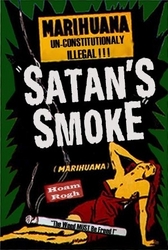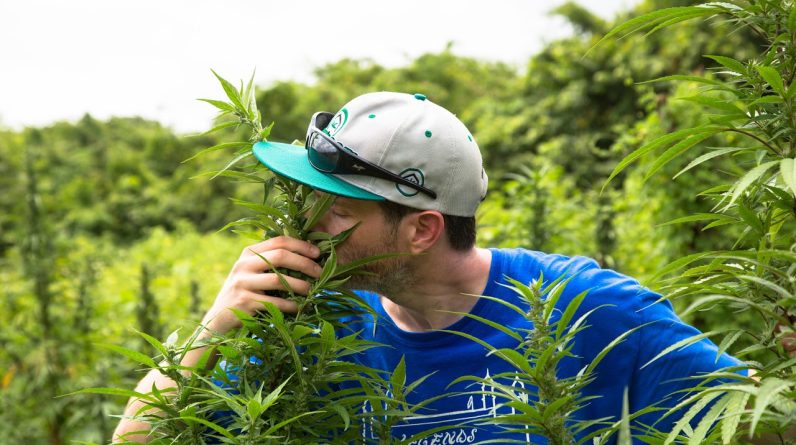

For decades, there has always been a negative stigma about cannabis. As the 1930 brought various “brainwashing” propaganda about marijuana and it’s evil ways, so did a long lasting negative stigma carry on all the way to the modern day; the stereotype that marijuana smokers are pot heads, stoners, dirty hippies, lazy, no job, stupid and unsavory.
Today, the stigma still remains, although the truth about cannabis is now recognized and accepted through education in social media, youtube, etc.
As recreational dispensaries and marijuana starts to become accepted in various states, there are still many myths about what it will do to society. Here are some interesting studies that debunk those myths.
Legalizing marijuana increases use.
Several countries, Portugal, the Netherlands, Australia and part of the U.K. have lowered their marijuana laws, having little to no impact on society’s marijuana use. In the U.S. medical marijuana laws suggests that adult marijuana use has increased only modestly. Preliminary data in Colorado and Washington, the two first states to legalize recreational marijuana, display similar trends in use before and after legalization.
Legalizing marijuana increases other substance use.
Here they go again with the gateway drug theory. There is no scientific nor convincing evidence that supports the gateway drug theory for marijuana. Some research, in fact suggests that users substitute alcohol with marijuana after legalization. After legalization rates of cocaine use appear unchanged.
Marijuana is more dangerous than alcohol.
There is a plethora of medical evidence that points to alcohol being much more dangerous than marijuana. Alcoholism, for example, can generate life-threatening diseases such as cirrhosis of the liver, where regular marijuana use has no similar effect.
Excessive alcohol use led to approximately 88,000 deaths and 2.5 million years of potential life lost (YPLL) each year in the United States from 2006 – 2010, shortening the lives of those who died by an average of 30 years. Marijuana, zero.
Legalization generates crime.
States that have accepted recreational marijuana laws display large declines in arrest rates for drug offenses! There have been no changes in violent and property crime rates. Moreover, the drug war has consumed and continues to consume significant resources, diverting police away from more serious crimes.
Marijuana legalization endangers public health.
Legalization or marijuana has actually promoted public health by providing individuals safer options to treat pain. Recreational marijuana laws appear to have little or no impact on suicide rates, nor they have not led to any public health epidemics. There have been reduced admissions seen for substance abuse treatment.
Overcoming the Stereotype
It’s a difficult hurdle to overcome, while society still frowns upon slang terms and the stereotype stoner image. The best way to overcome it may be to create a whole new image and market for it. Eliminate the slang terms, the stoner image, and give way to a clean, scientific, medical and legitimate industry. While there will always be a crossover between medical marijuana and recreational use, legitimate medical marijuana businesses aren’t selling product for having fun, but to treat an ailment, cure a disease or other condition. The ultimate goal is meant to provide therapy, and not a “totally radical, trippy” result.
While there are those who do give the industry a bad image, there is “the otherside”, who legitimizes the industry. There is your Sanjay Gupta, your U.S. Presidents, celebrities, and other endorsers. There is the actual truths about why cannabis is illegal in the first place, to the various textiles and products it can produce, to the millions of patients being cured of cancer or treating various diseases being widely shared on the Internet and widespread videos on Youtube.





